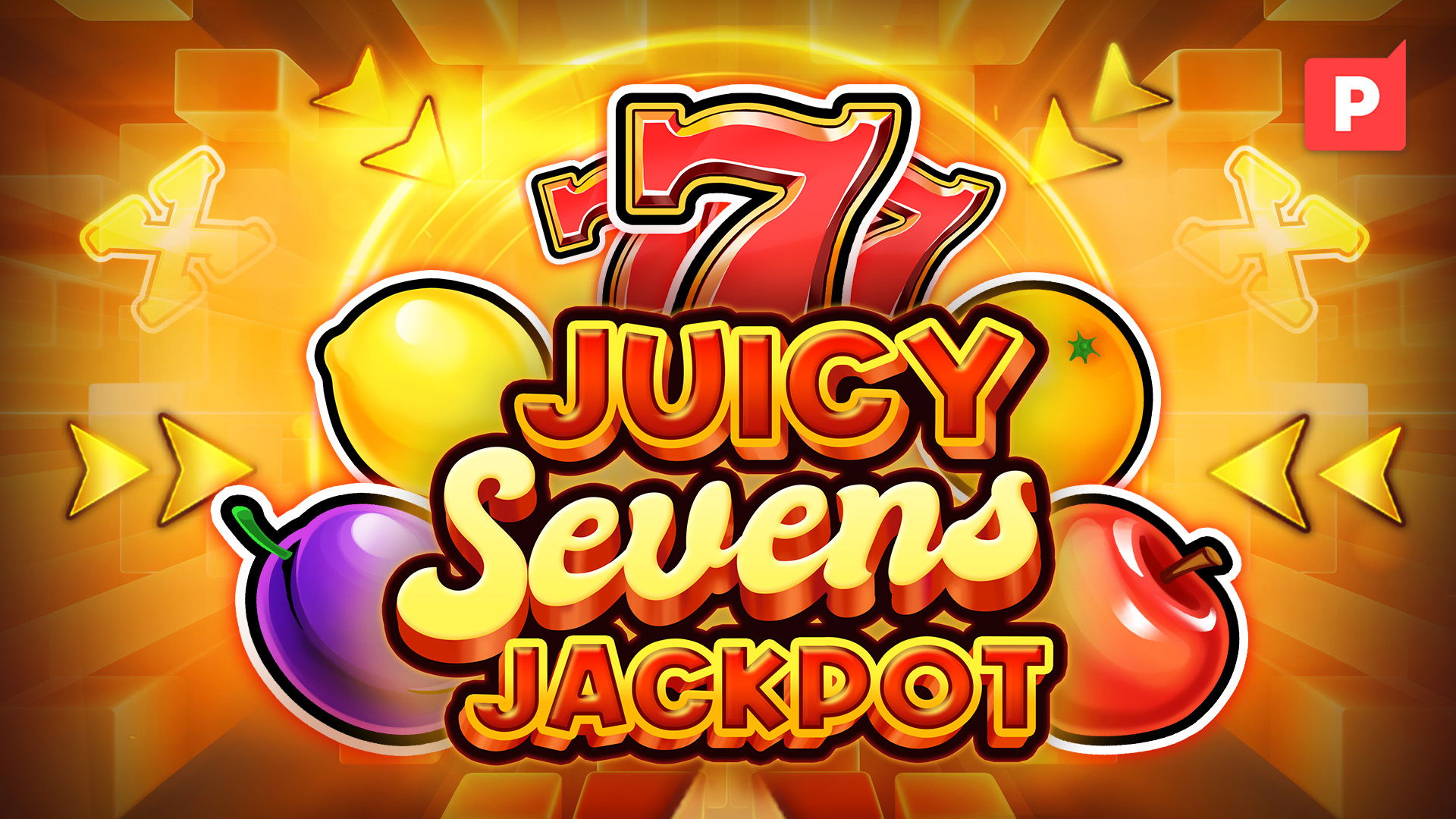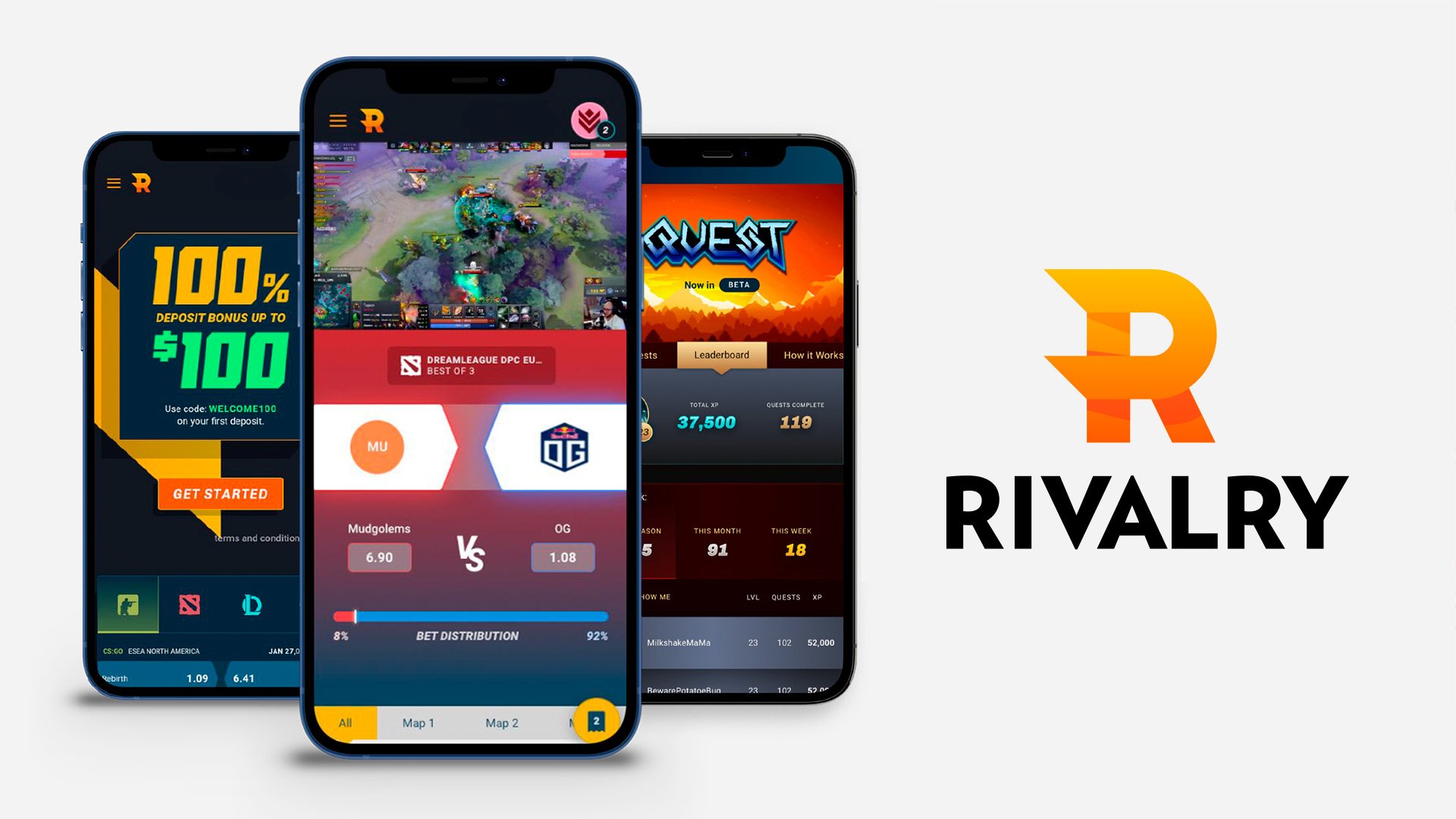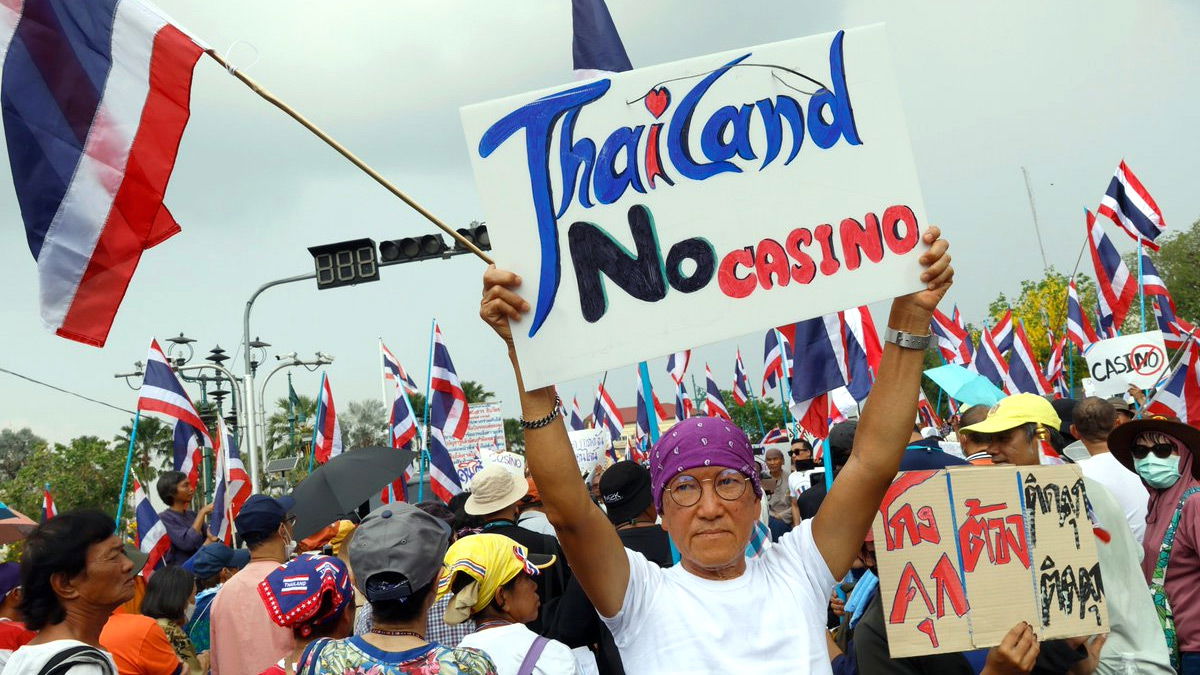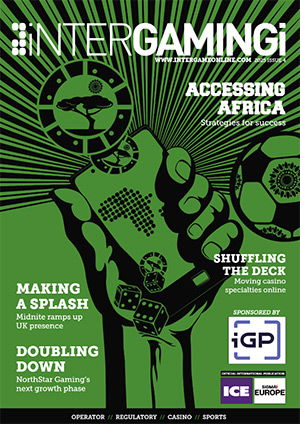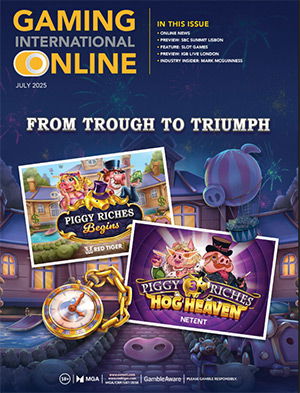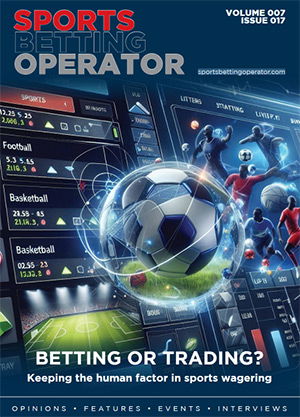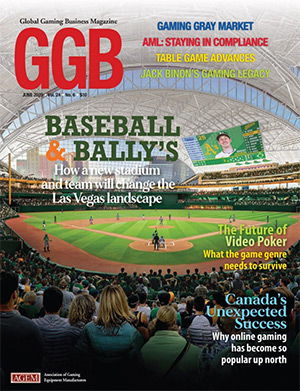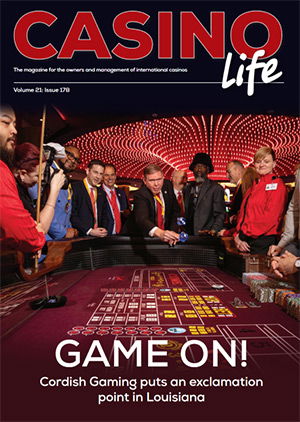Minnesota lawmaker to draft daily fantasy sports legislation

That potentially could set off a three-way battle with other factions who want to either ban daily fantasy sports altogether, or those who want to legalize them but oppose government regulation.
Rep. Joe Atkins, DFL-Inver Grove Heights, said daily fantasy websites have “sketchy rules, uncertain legality and alleged scandals” that require state “consumer protections.”
“My goal is to make sure fantasy sports betting is conducted fairly and legally. Minnesotans should know they’re not going to be ripped off when they engage in fantasy sports betting,” Atkins said in a statement.
Nevada’s Gaming Control Board recently ruled that daily fantasy sports are gambling, and required FanDuel and DraftKings to get gambling licenses in the state. Instead, the two dominant daily fantasy websites shut down operations in Nevada.
Rep. Tim Sanders, R-Blaine, worried that Atkins’ bill could have a similar effect. “I want to protect fantasy sports players from unnecessary regulation, but my concern with the proposal is that it could cause fantasy sports providers to pull out of our state,” Sanders said in a statement. “I don’t want this to be the end of fantasy sports in Minnesota.”
Also opposing the bill are people who do want to see the end of daily fantasy sports in Minnesota.
Daily fantasy sports are “like the gateway drug to full-scale sports gambling,” said Annette Meeks, a member of the board of directors of Citizens Against Gambling Expansion. That group opposes new gambling in Minnesota, and has connections to both Indian tribes with their own casinos and conservative political interests.
Though Atkins’ bill refers to “fantasy sports betting” and tentatively classifies daily fantasy sports income as gambling proceeds, he said it’s not his intention to make Draft Kings, FanDuel or other sites admit to being engaged in sports gambling. He said in an interview that he’d be willing to work with those companies to satisfy concerns they have about the wording in his legislation.
“Part of what prompted this is that some folks are saying that it’s gambling. They have asked that FanDuel and Draft Kings and potentially the players here in Minnesota be charged with legal gambling. I think it should be called legal, and we should settle that first litmus threshold issue and say it’s a legal activity,” Atkins said.
Atkins’ proposed legislation would clarify that daily fantasy sports are legal in Minnesota, but require companies offering daily fantasy sports to be licensed by the Minnesota Department of Public Safety. That would subject those fantasy sports sites to background checks and audits from the department.
“I just want to make sure that it’s a legit operation and that Minnesotans are going to get what they pay for,” Atkins said.
The future of Atkins’ proposed legislation is unclear. The Minnesota Legislature is in recess until March 8, 2016, unless a special session is called. The legislature is politically divided, with the Democratic-Farmer-Labor Party controlling the Senate and Republicans controlling the House of Representatives. Atkins said bills such as this “tend to pass or fail with bipartisan support.”
Sanders was skeptical of the need for Atkins’ bill. “I believe consumers are smart enough to use existing resources to determine whether a fantasy sports site is right for them or is potentially too risky,” Sanders said.
A spokesperson for FanDuel declined to comment on Atkins’ legislation. A representative for DraftKings did not respond to a message sent Monday morning.






